<p>How do you discuss, let alone regulate, crypto, if you can't clearly define it? As the crypto experiment surges on, it eviscerates existing categorizations, because it sprawls across boxes, not quite fitting into any single one, occupying several at the same time, or distorting them into new, puzzling shapes.</p><p> Even that catch-all term, crypto, is inadequate since it now contains so many different items. This is acknowledged by some people in crypto who maintain that they are not in crypto at all. You might notice this, especially among dedicated Bitcoiners who insist absolutely that bitcoin is not crypto.</p><p> In which case, what is Bitcoin, what is Ethereum, and what are the components that people are referring to when they talk, broad brush, about crypto?</p><p>Currencies and Commodities</p><p>Bitcoin is often referred to as digital gold, so is it a commodity, like regular gold? In the US, the SEC and CFTC seem to believe so, even though Bitcoin is very different to traditional commodities. It certainly isn’t a material used to make anything, but part of Bitcoin’s similarity to gold lies in its scarcity, which makes it valuable.</p><p> That said, scarcity in itself doesn’t automatically equate to worth, meaning <a href="https://www.financemagnates.com/tag/bitcoin/" target="_blank">Bitcoin</a> is valuable because enough people have tacitly agreed that it should be.</p><p> Perhaps Bitcoin’s price tag comes from the fact that it can, potentially, function as an efficient revolutionary method for storing value.</p><p>That, though, would form a curious loop: value derived from the capacity to be valuable. Or can we simply classify Bitcoin as a currency? Bitcoin as money makes intuitive sense, and let’s not forget that the gold to which it is compared was utilized as a currency in the past.</p><p> Unlike standard currencies, Bitcoin is volatile, and many holders will not yet put it to work for payments since it has tended to rise so much in value against fiat currencies, but nonetheless, Bitcoin could certainly be a still-stabilizing future currency.</p><p>How about Ethereum?</p><p>The <a href="https://www.financemagnates.com/tag/crypto/" target="_blank">cryptocurrency</a> of the Ethereum network, Ether, is often used to purchase digital items, NFTs (which are themselves a crypto sub-category), so is Ether a currency? Go to an NFT marketplace where JPEG-based artwork and auctions are priced in Ether, and it certainly looks that way.</p><p>But, Ether also acts as a kind of fuel for the Ethereum network, utilized to enable computations on the blockchain. In fact, these costs, which incur with every transaction, are referred to as gas fees (and can be notoriously high), creating the perception that Ether is an exotic digital substance, integral to the mechanical functioning of the network.</p><p>All of which could, arguably, shunt Ether into the commodities box, or a digital commodities box, and as is the case with Bitcoin, the CFTC has indicated that Ether should be treated as a commodity.</p><p> By this reckoning, Ether emerges as another currency/commodity hybrid. Although to add to the confusion, Ether was sold in an ICO, raising the BTC equivalent of around $18.3 million back in 2014, which you could be forgiven for thinking made it resemble a security.</p><p>Digital Artifacts</p><p>Are some kinds of crypto simply digital items, artifacts and collectibles? In the case of NFTs, that appears to be the case, as we have artists selling their work as <a href="https://www.financemagnates.com/tag/nfts/" target="_blank">NFTs</a>, and collectors picking them up.</p><p>Do those collectors expect their buys to gain in value? Some do, and there are now platforms facilitating the trade of NFTs as if they were fungible crypto tokens, and a nascent sub-sector working on NFT-centered financial products.</p><p> On the other hand, there are collectors who are buying NFTs with the same mindset as traditional art collectors buying paintings, there are online NFT art galleries, and there are highly creative artistic collectives emerging around NFTs, not to mention established, traditional artists and brands releasing NFT collections.</p><p>One distinguishing feature of NFTs is that, unless the artwork is fully on-chain (which happens but is less common), then an NFT is simply a pointer to a file, somewhere online, containing the digitally rendered artwork.</p><p> Still, though, although the NFT itself may not actually be or contain the artwork, it is a token of ownership and provenance, with the caveat that the artwork referred to exists digitally, and will not be delivered in a truck and hung on a wall.</p><p> That said, NFTs can be used to trade physical items, and purchasing an NFT may unlock, for example, physical merchandise, services and access to real-life events.</p><p> Here, then, NFTs can function as tickets and receipts, in addition to being digital collectibles. But, at the same time, they are tokens issued on blockchains, falling squarely under the crypto umbrella.</p><p>Computer Programs</p><p>Many cryptocurrency networks are capable of running smart contracts, which essentially means computer programs that execute under certain conditions. In this case, crypto is referring to programmable tokens, or perhaps even to the programs themselves, with the tokens as containers.</p><p>We could refer to this as programmable currency, but such facilities don’t have to remain limited to currency uses. If some blockchains are to function primarily as decentralized computers, then some tokens can be thought of as the programs running on those computers.</p><p> This brings us back, again, to Ethereum, which is the prime example of such a blockchain, and so we have another possible classification for Ether to absorb.</p><p> As crypto continues to expand, we can expect to see its use cases diverge, and attempts at definition become increasingly strained. When it comes to regulation, this will present ongoing complexity, which indicates crypto's potential significance.</p><p> After all, when existing frameworks and definitions simply cease to functionally apply, you know something rare is occurring.</p>
This article was written by Sam White at www.financemagnates.com.

You can get bonuses upto $100 FREE BONUS when you:
💰 Install these recommended apps:
💲 SocialGood - 100% Crypto Back on Everyday Shopping
💲 xPortal - The DeFi For The Next Billion
💲 CryptoTab Browser - Lightweight, fast, and ready to mine!
💰 Register on these recommended exchanges:
🟡 Binance🟡 Bitfinex🟡 Bitmart🟡 Bittrex🟡 Bitget
🟡 CoinEx🟡 Crypto.com🟡 Gate.io🟡 Huobi🟡 Kucoin.

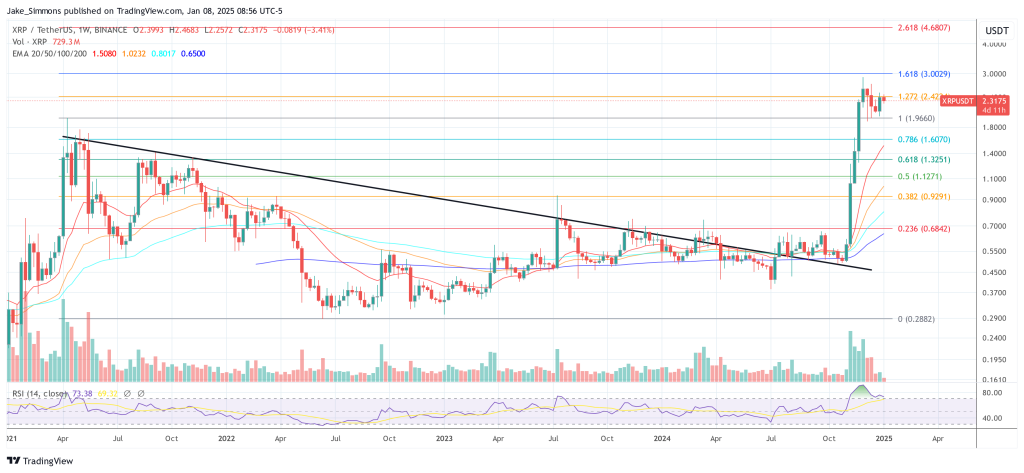

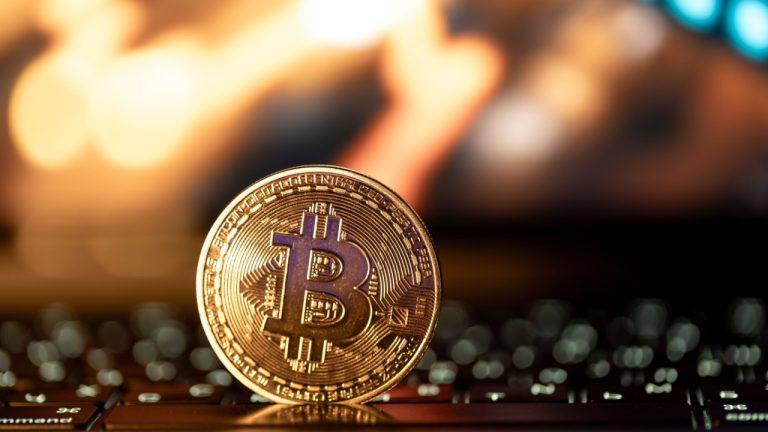
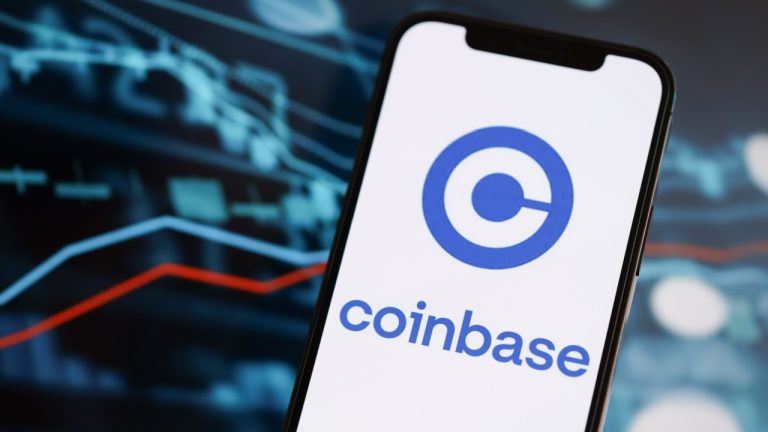
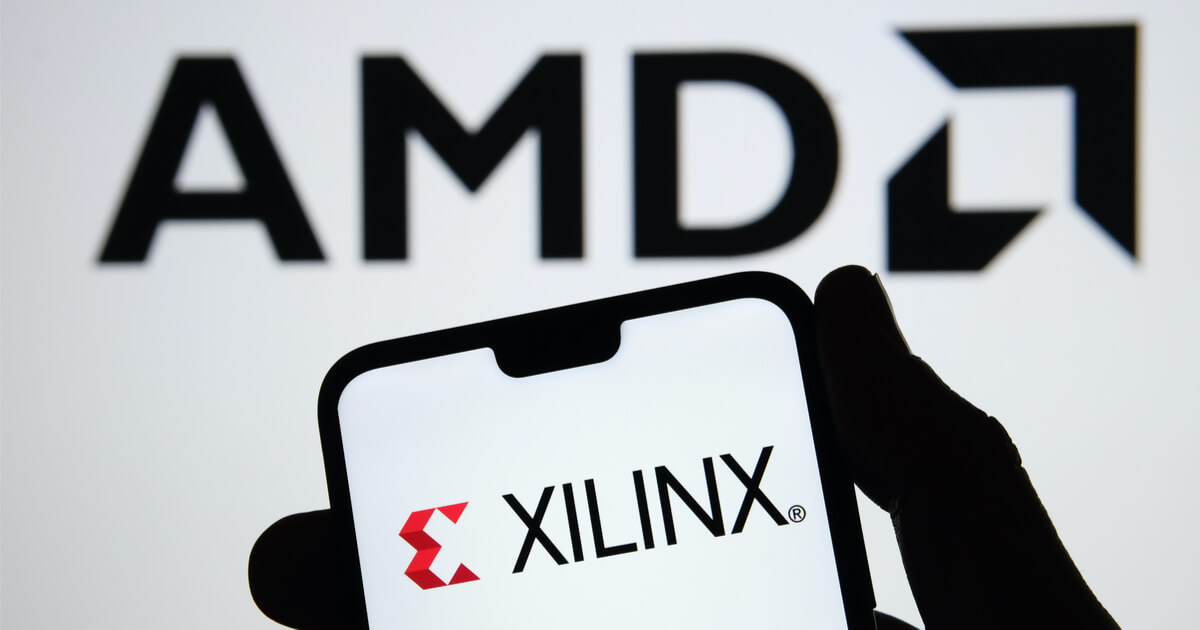

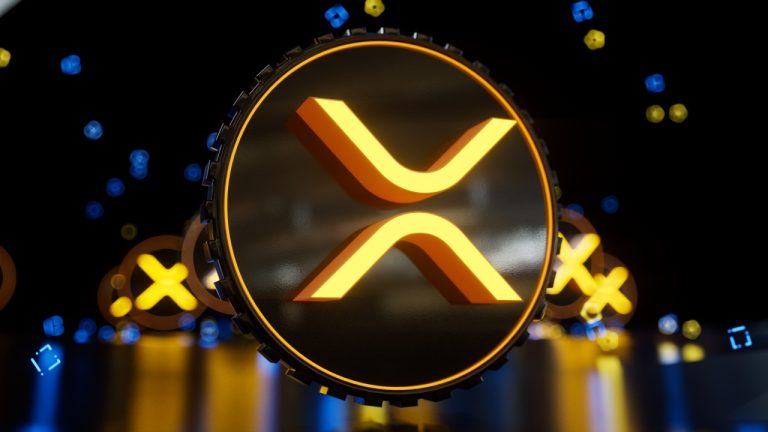
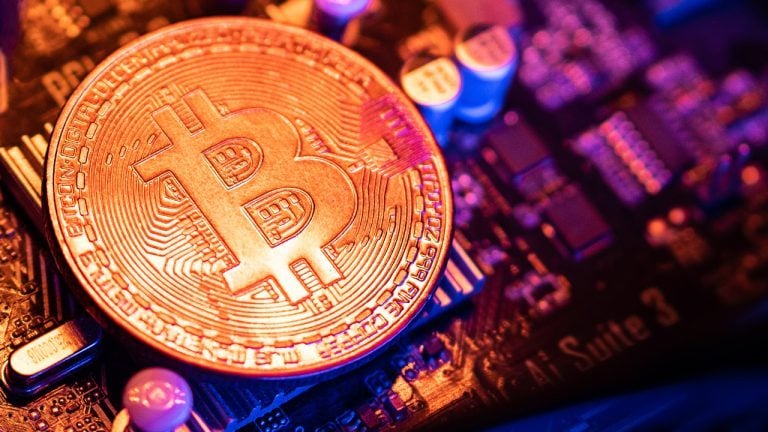


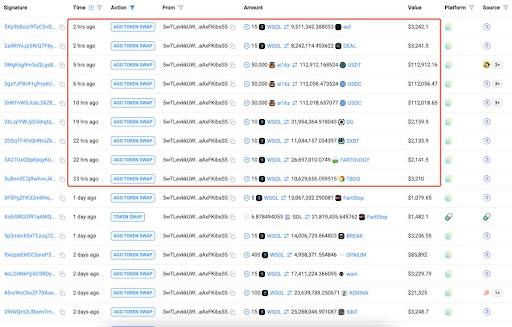
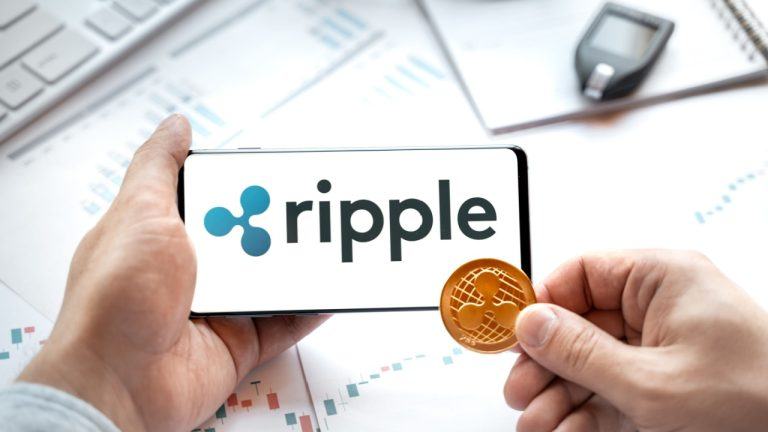

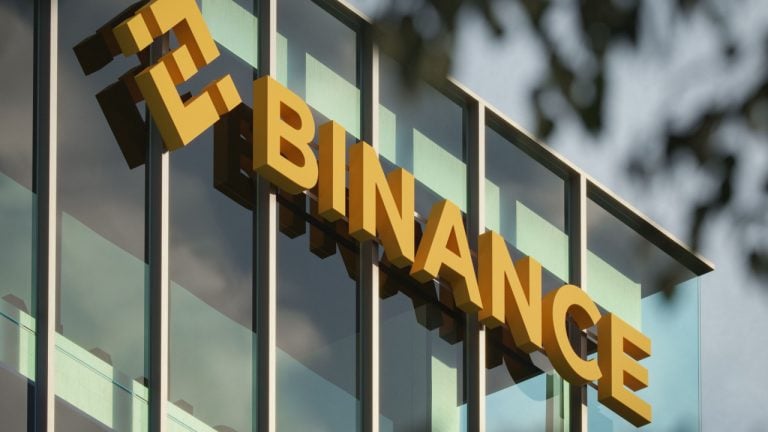

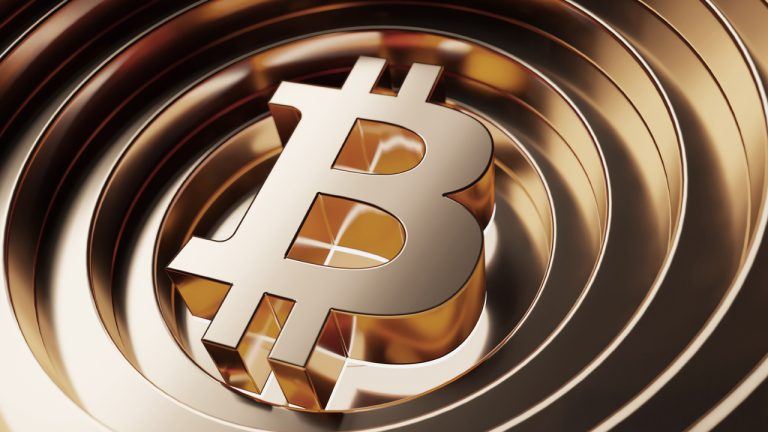


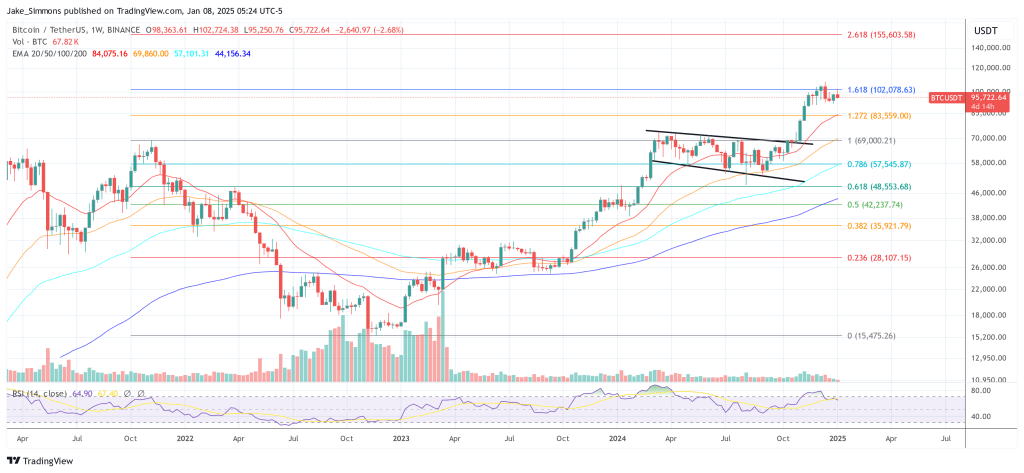

Comments